For decades, Brian Covernton has been an impactful leader in the BC Doubles squash community, known for his passion for doubles, his leadership in organizing The Gamble, and his dedication as a referee, facilitator, and Co-Chair of the BC Doubles Committee. A true ambassador of the sport, Brian has not only been a fierce competitor on the court but also a driving force in keeping the doubles game alive and thriving.
Each year, he plays a key role in hosting The Gamble, a tournament held in honor of Ross “The Rabbit” Gamble, a beloved member of the Vancouver Racquets Club who left a lasting impact on the squash community. Now in its 34th year, The Gamble continues to bring players together in the spirit of camaraderie and competition.
We sat down with Brian to learn more about his squash journey, his love for doubles, and the legacy of The Gamble.
Q&A With Brian
Squash BC: How did you first get into the sport?
Brian Covernton: My godfather Edward “Uncle Ed” Warner was the person who introduced me to squash in September 1968 at the old Vancouver Racquets Club (VRC) at King Edward Ave and Oak St. Uncle Ed was a mentor to me and many other juniors at that time. He was awarded the President’s Plate in 1988. I first played doubles in our VRC junior program in January 1970 at the current site at 33rd and Ontario St.
Squash BC: What is it about doubles squash that you love so much?
Brian: Doubles, in my view, is so much more fun than singles for several reasons:
- Teamwork (playing with a buddy)
- Strategy, more angles
- Social aspects – beverages after
- As one gets older, doubles keeps you in the sport of squash.
Squash BC: The Gamble has been running for over three decades—can you tell us how it all started?
Brian: Ross Gamble was a member of the VRC who passed away from cancer in 1989. He was a keen doubles player and was well liked at the club. David Haddleton (a friend and also a VRC member) decided to organize a charity tournament in his honour. The tournament chair selects the charity and over the years Canuck Place, PADS, Autism Speaks Canada and Canuck Autism Network have been charities supported.
One of the tournament’s unique features is its handicap point system, designed to level the playing field and encourage fun, competitive matches. Participants can make a donation to the charity to deduct points from a particular team, and additional bonus points are awarded based on the combined age of each team relative to their opponents.
Squash BC: Organizing an event like this takes a lot of work. What keeps you motivated to do it year after year?
Brian: I knew Ross and as my son Patrick is autistic, I felt I could raise funds to help autistic people. Over the years, many VRC doubles members have supported the tournament and I am so grateful. The VRC squash community is fantastic.
Squash BC: Doubles squash can get intense—how do you handle tough calls or disputes between players?
Brian: I have refereed countless matches over the years and faced many tough calls and some disputes. I try to make calls quickly and decisively. If there is a dispute between players I intervene with a warning for possible conduct infractions. If players question my call, I go to my two judges (if in place). If no judges, then I confirm my decision and state to “play on”.
Squash BC: What makes a great doubles referee, in your opinion?
Brian: A doubles referee, in my view, should have the following:
- Knowledge of the rules
- Be decisive in making calls
- Be fair and consistent in applying the rules
- Focus on the match, don’t get distracted
Squash BC: What advice would you give to younger players looking to get into the game and maybe even play doubles?
Brian: Doubles is a game for all ages and playing doubles will help one’s singles game and is fun to play. Squash has been a significant part of my life and I was taught many years ago that you should “pay it forward” and volunteer in the sport that I received so much enjoyment from.
Lastly, a saying that I have come across that is very pertinent in any sport:
“Remember, it’s just a game”






